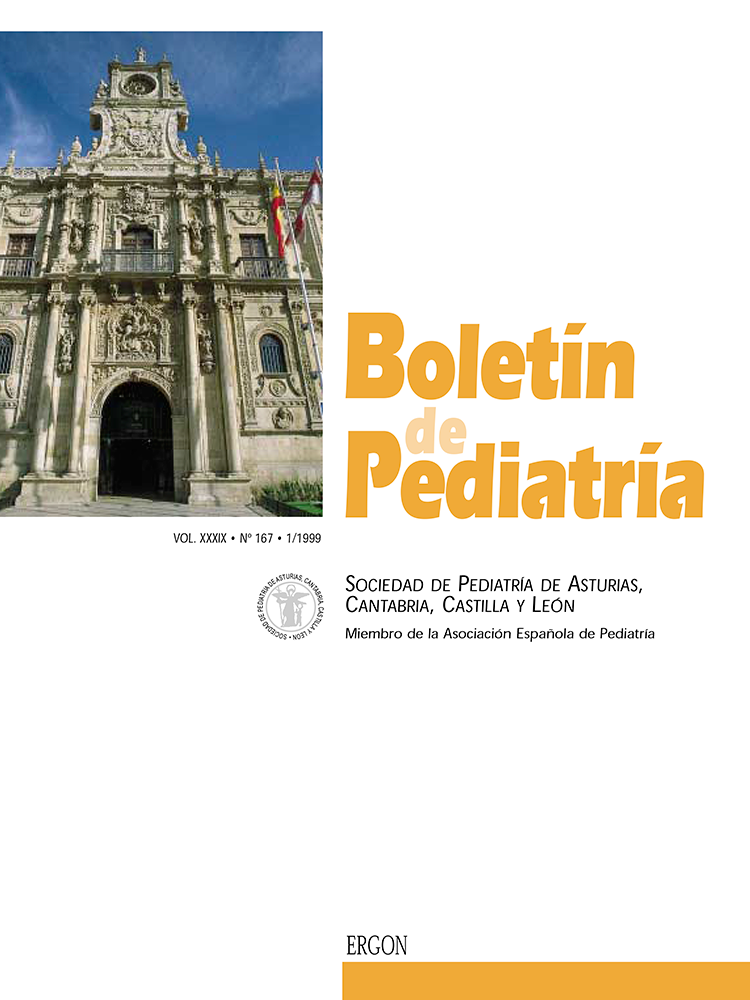Abstract
Objective: To review the current practice in the most common pediatric acute bacterial meningitis (ABM).
Methods: A literature review from MEDLINE data base 10 years ago. Haemophilus influenzae, Streptococcus pneumoniae and Neisseria meningitidis acute meningitis treatment related papers were selected. Fluid administration, inflammatory response modulation, antibiotic therapy were reviewed.
Results and conclussions: 1) Fluid administration: Fluid restriction is a common practice in ABM treatment. However, mortality and morbidity were higher in patients with ABM and extracellular volume depletion. Thus, fluid restriction is not recommended for ABM treatment. 2) Inflammatory response treatment: Inflammatory response to bacterial components increased the morbidity and mortality of ABM. Dexametasone therapy reduce the intracraneal pressure, brain water content and lactate and PGE 2 concentrations in experimental models. In pediatric ABM dexametasone therapy is indicated as adjuntive therapy in H. influenzae and S. pneumoniae ABM in patients more than 1 month of age. Dexametasone should be done in bolus by endovenous line before the antibiotic therapy start. The recommended dose is 0.6 mg/kg/day in four divided doses during 2 to 4 days. Dexametasone is contraindicated in aseptic, partially treated, negative Gram stain or bacterial antigens and limphocytic LCR predominance ABM and if the patient showed gastrointestinal bleeding. 3) Antibiotic therapy: Antibiotic therapy in ABM should be started promptly after the disease was suspected. Delayed antibiotic therapy increased the morbidity and mortality in ABM. In N. meningitidis ABM, penicilin G for seven days is usually curative. However, ceftriaxone or cefotaxime treatment for 7 days is recommended because of an increase in isolation of N. meningitidis strains intermediately susceptible to penicilin. In H. influenzae ABM, cefotaxime or ceftriaxone for 7-10 days is recommended. In S. pneumoniae ABM, cefotaxime or ceftriaxone and vancomicin for 10-14 days is recommended. Vancomicin and rifampicin or meropenem could be an alternative in cases of total cephalosporin-resistant S. pneumoniae.

This work is licensed under a Creative Commons Attribution-NonCommercial 4.0 International License.
Copyright (c) 1999 Boletín de Pediatría
